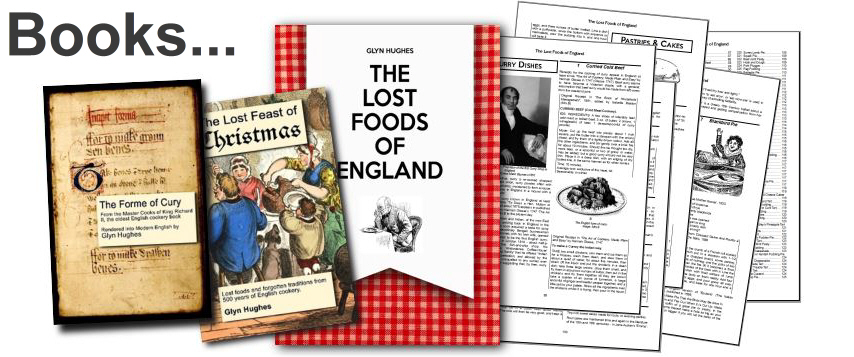

|
 Easter is the ancient spring festival, personified, according to the Venerable Bede, by the goddess Eostur, which happens to coincide with Christian commemoration of Christ's resurrection. As far as we can tell the tradition of decorated Easter eggs, given as gifts, seems to originate in the East, probably with the Iranian ('Persian') 'Nowruz' festival, being introduced to England, via Russia around 1770. All early references seem to confirm the Eastern origin - John Tradescant's 'Musæum Tradescantianum: or, A collection of rarities' of 1656 says that Easter eggs were known in Jerusalem, while a series of travellers tales starting with the 1737 'Travels into Muscovy' report them being known in Russia, where Faberge's decorative faux eggs became famous. William Howitt's 'The Rural Life of England' of 1838 refers to the older designation of 'Paschal eggs' being known in the English Midlands and associated with Russians and "the Mohammedans". These traditional Eggs are from Ukraine, but similar ones are still made in Iran. Image: L.Kenzel One of the earliest descriptions we can find is from Lancaster Gazette of Saturday 1 April 1815, which indeed ascribes a Persian origin to them. The author explains how they began with 'Mohammedans' - or 'Muslims' as we would now say - but decorating and giving eggs is know from the ancient Persian 'Shaname' tales so probably predates Islam. ON EASTER EGGS. See: Creme Eggs Chocolate Easter Eggs Onion Skin Eggs Easter Biscuits Easter Cake Easter Eggs Easter Nests Goosnargh Cake Lent Tart or Kentish Pudding Pie Mother's Day Cake Sedgemoor Easter Cake Simnel Cake Bread Tansy, or Tansy Pudding Search Foods of England for more about: Easter...  |
|
MORE FROM Foods of England... Cookbooks ● Diary ● Index ● Magic Menu ● Random ● Really English? ● Timeline ● Donate ● English Service ● Food Map of England ● Lost Foods ● Accompaniments ● Biscuits ● Breads ● Cakes and Scones ● Cheeses ● Classic Meals ● Curry Dishes ● Dairy ● Drinks ● Egg Dishes ● Fish ● Fruit ● Fruits & Vegetables ● Game & Offal ● Meat & Meat Dishes ● Pastries and Pies ● Pot Meals ● Poultry ● Preserves & Jams ● Puddings & Sweets ● Sauces and Spicery ● Sausages ● Scones ● Soups ● Sweets and Toffee ● About ... ● Bookshop ● Email: editor@foodsofengland.co.uk COPYRIGHT and ALL RIGHTS RESERVED: © Glyn Hughes 2022 BUILT WITH WHIMBERRY |